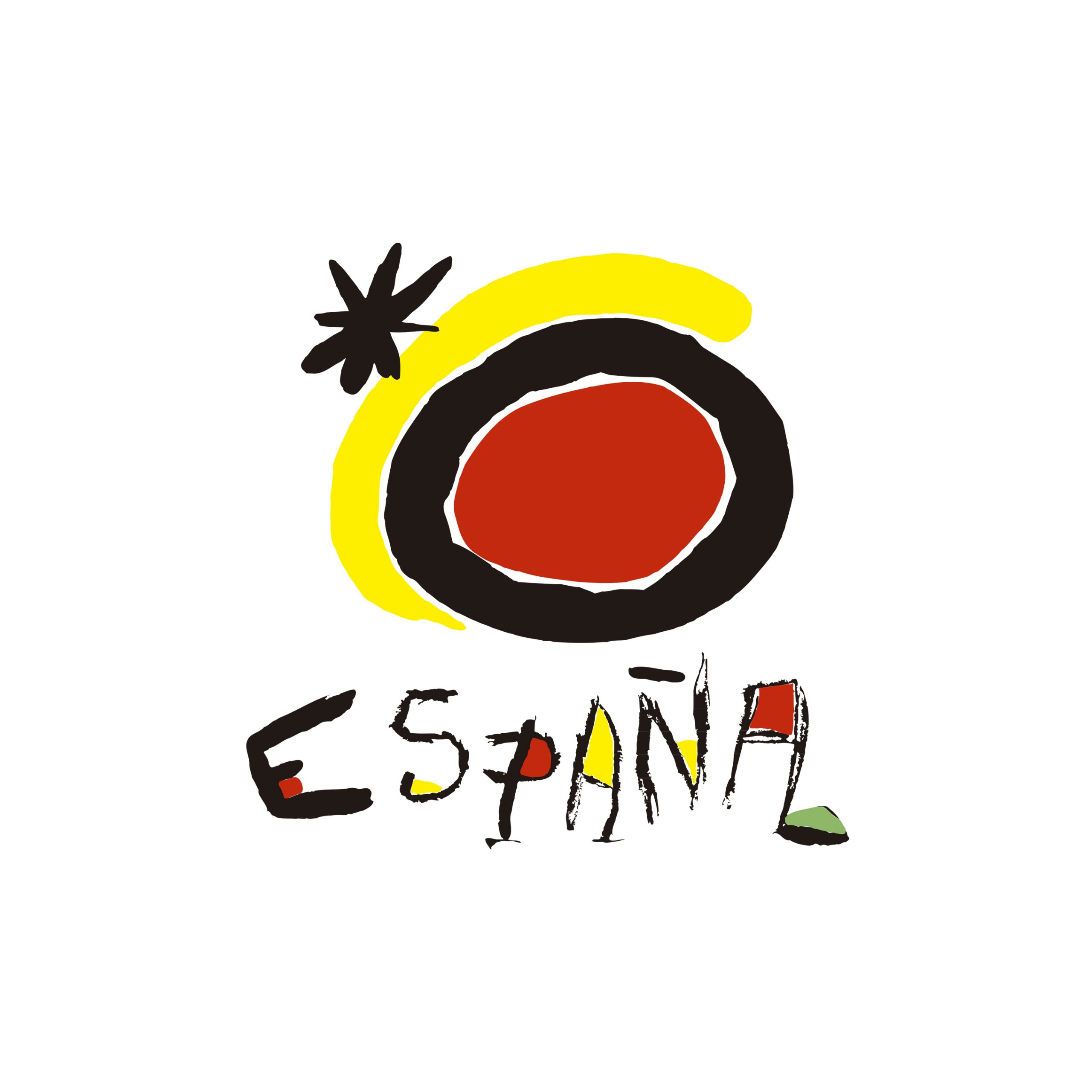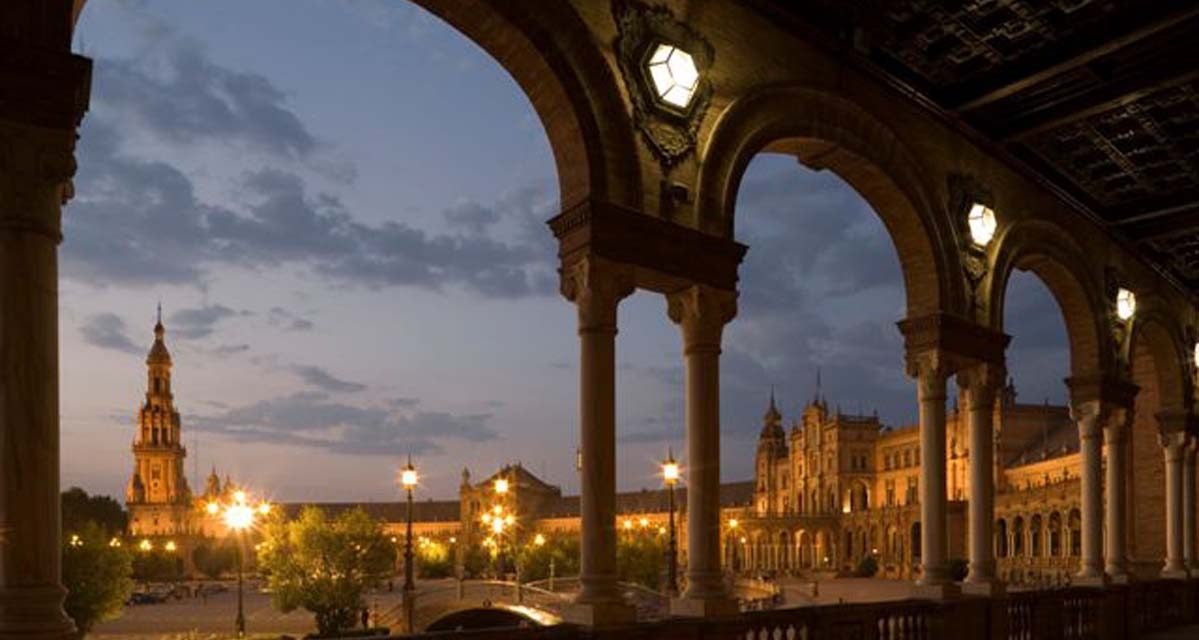
Ana Charters Jessen, key client director for CITITRAVEL. Courtesy image
It’s known as SUCOE which stands for “Servicio Único y Complejo de Organización de Evento” and translates as “Unique and Complex Single Service of Event Organisation.” It was established in 2015.
For those who organize and invoice an event through a destination management company (DMC), Spanish tax legislation allows these organizations to pass value added tax savings (VAT) to businesses.
“We are able to demonstrate that the client does not need to pay that VAT,” explains Ana Charters Jessen, key client director for CITITRAVEL, a DMC that has served Spain and Portugal for more than 30 years.
In Spain, a DMC can take the responsibility to contract all the different services required, (accommodation, transport, meeting space, food and beverage, AV equipment, guides, translators, etc.). “These elements, taken as a whole, can be treated fiscally an integral service of event organisation,” Charters Jessen says.
The client should not be invoiced for any qualified VAT fees by the DMC. But the client is expected to sign a separate agreement in advance to assure their program qualifies.
Instesad, the DMC is required to submit for VAT refunds directly within Spain based on the qualifying SUCOE VAT rules and get reimbursed roughly 15 days after the program ends.
To be sure, the rules vary based on your home country (especially if you’re in the European Union) and the program must meet Spain’s definition of a business event. That means business-to-consumer events do not qualify. Extended stays or personal requests also fall outside the SUCOE VAT refund rules in Spain.
And when working with a DMC, meeting professionals should definitely require their agency to prove it is a registered agency in Spain, confirming the agency’s ability to obtain refunds as they manage transportation, logistics, access to special events and VAT reimbursement issues for your event. It is important that your DMC interprets the law correctly and legally.
Have you taken advantage of VAT-free meetings in Spain?















